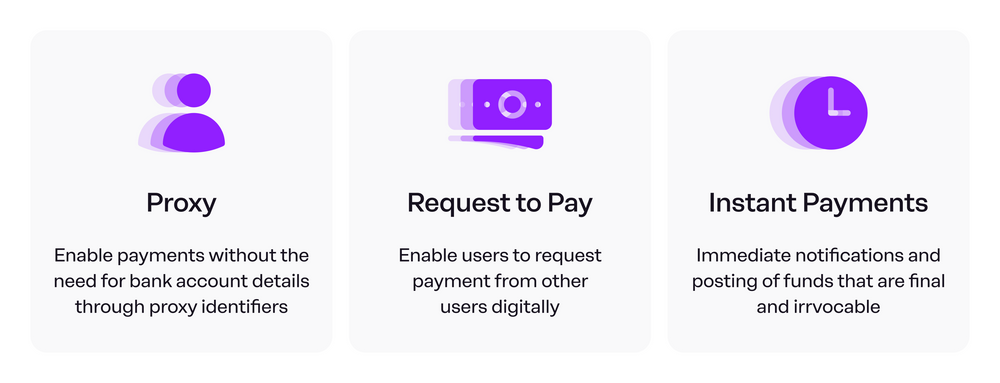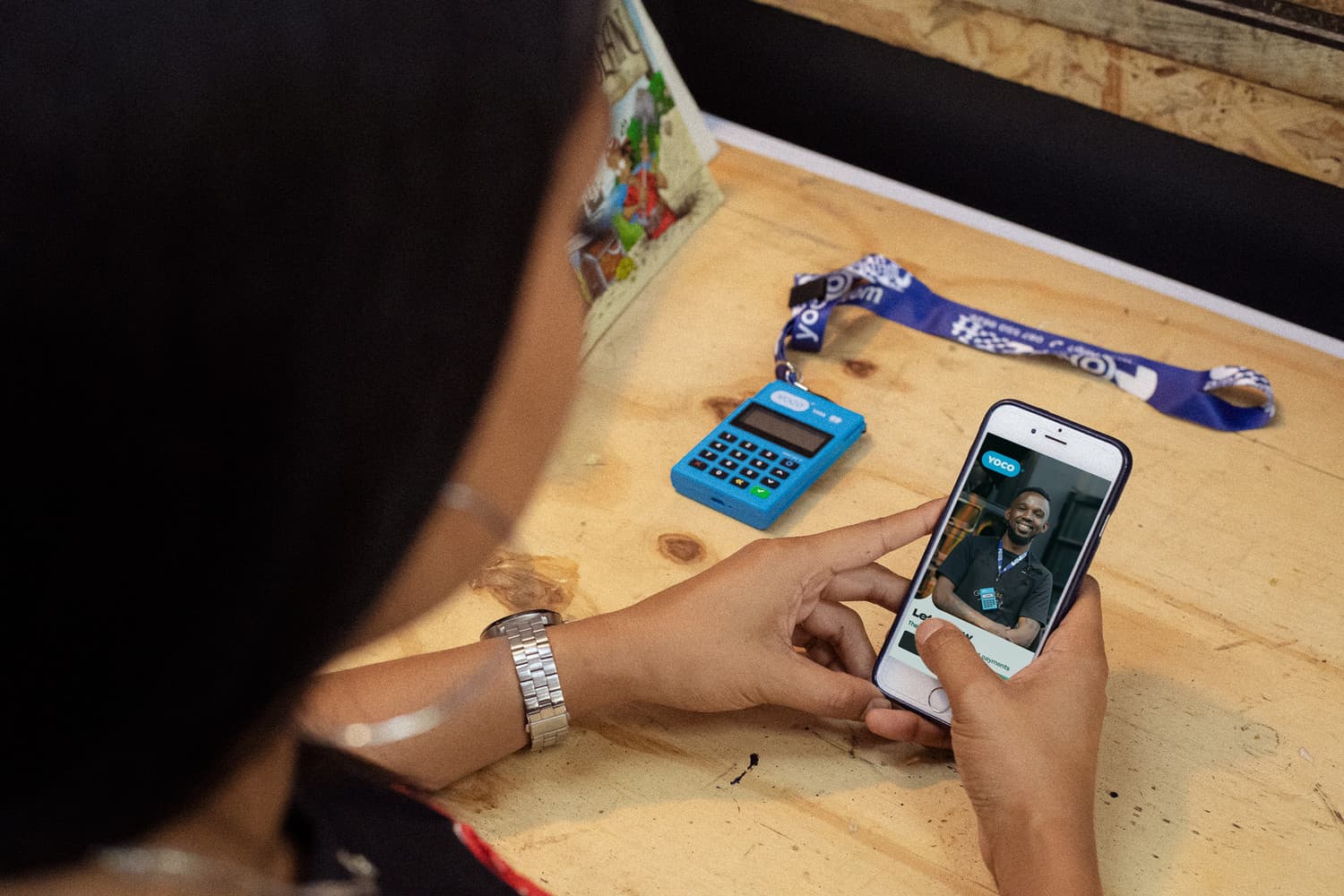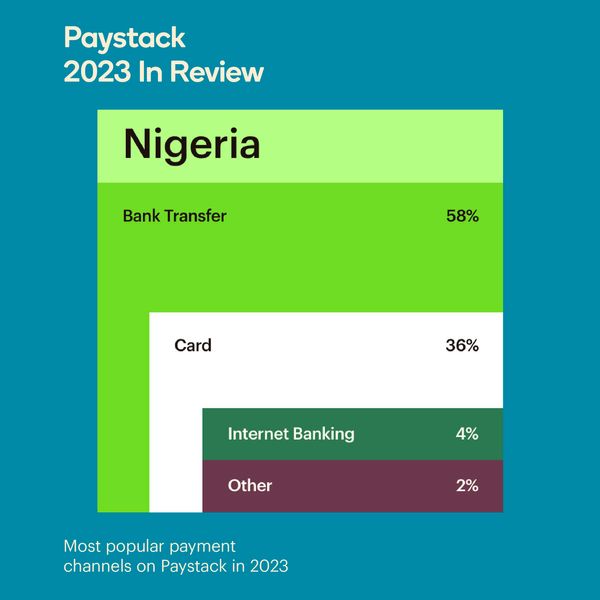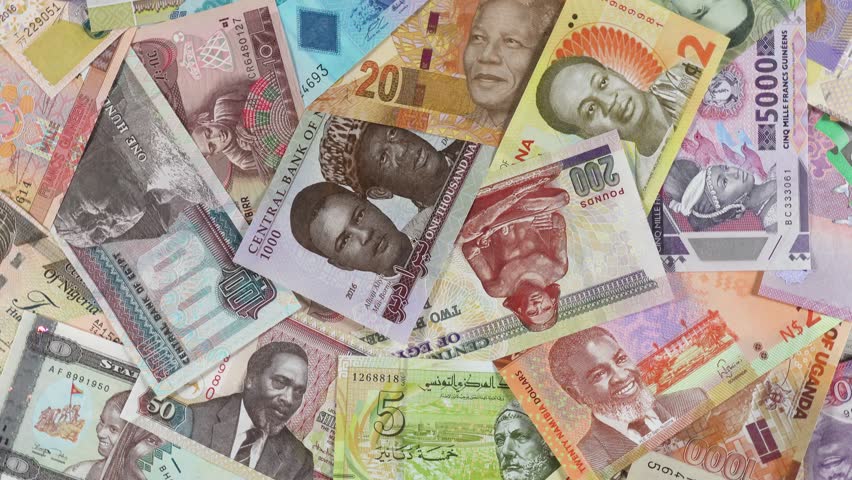What is the context?
South Africa is a country that has made significant progress towards financial inclusion in recent years. According to the World Bank, more than 70% of adults in South Africa have a bank account, which is a higher rate than in many other countries. This can be attributed to various factors, including government policies promoting financial inclusion, such as the SASSA program.
However, despite the high levels of financial inclusion, South Africa still has relatively low usage of financial services. Many people still prefer to use cash for everyday transactions, and the lack of awareness and trust in formal financial institutions exacerbates this.
What has happened?
Payshap will be fully launched in March 2023, as a collaboration between the South African Reserve Bank and a consortium of banks in South Africa.

The system will allow users to make instant payments and transfers to anyone using their bank account or a proxy (phone number). The rapid payment program (RPP) is an instant payment service that allows customers to transact without a bank account number and has three core components.
- Push Payments: Payments can be made to a bank account or a proxy, such as a mobile phone number linked to an account or wallet at any bank.
- Pull payments: Users can request payment from other users.
- Instant payments: Immediate notification and posting of final and irrevocable funds.

Where has this happened before?
Payshap is similar to Pix in Brazil and MB Way in Portugal.
Pix is the instant payments' platform developed by Brazil's Central Bank, which launched in 2020 and has had a marked impact on financial inclusion and the growth of e-commerce in the region, said Kumar. More than half the Brazilian population has made a Pix transaction.
MB WAY is a mobile payment system launched in Portugal in 2014. The system has gained widespread adoption in the country, with over 4 million registered users (population is 10m) and over 1.4 billion transactions processed in 2020. MB WAY allows users to make a payment by entering the recipient's mobile phone number or selecting them from their contacts list, entering the amount they want to send, and confirming the transaction using their PIN or fingerprint. MB WAY allows users to split bills, pay for goods and services online, and withdraw cash from ATMs without a physical card.
What is next?
The launch of Payshap is part of a broader trend towards mobile payments in South Africa and across the African continent. With more than half of the population now owning a smartphone, mobile payments are seen as a way to improve financial inclusion and reduce reliance on cash-based transactions, which can be costly, time-consuming, and risky.
In conclusion, launching Payshap in South Africa significantly improves the country's financial sector and the broader economy. By providing a simple, secure, and convenient way to make and receive payments, Payshap has the potential to transform the way people do business and manage their finances. As mobile payments continue to grow in popularity, we can expect to see more innovations and collaborations that will make payments faster, easier, and more accessible to all.










